India’s urban development minister has set up a high-powered, inter-ministerial committee to prepare a detailed action plan in the next 45 days to decongest the capital, Delhi.
The committee, formed under the urban development ministry, will comprise the ministries of road transport and highways, railways, and defence.
The move is a victory for Indian newspaper, The Hindustan Times (HT), which ran a six-week-long campaign entitled “Unclog Delhi”, and earlier this month submitted a ten-point action plan to decongest the city (see below).
“I have told the committee to formulate a foolproof action plan based on the HT report,” the minister told HT.Â
“Different divisions of the ministry such as the Delhi Development Authority [DDA], the Municipal Corporation of Delhi, the Delhi Traffic Police, the Delhi Metro and others will be participating in the preparation of action points. I have set a 45-day timeline for the committee,” Naidu said.
Among other measures, the ten-point plan called for improvements in “last-mile connectivity” – that is, getting passengers from metro stations to final destinations. In response, Naidu said land would be identified near metro stations for better facilities.
“I have told the DDA to identify land,” he said. “Because land is a scarce commodity in Delhi, DDA has to go vertical in certain areas. All these things require proper planning and good investment.”
He added that the development of a smart city near Delhi would also ease congestion.
“I have asked the DDA and the NDMC to come up with a smart city plan,” he told HT.
Naidu said leadership was needed to deal with rapid urbanisation seen in Delhi and other Indian cities. “Growth is haphazard without civic leadership taking tough decisions,” he said.Â
The Hindustan Times’ 10-point plan to unclog Delhi:
- Better bus service: Fewer than 6,500 buses operate in Delhi now, and the city should have 15,000 by 2021.
- Last-mile connectivity: The metro has an unreliable feeder system, so people are not yet motivated to leave cars at home.
- Curb illegal parking: Inner roads and service lanes are clogged by illegally parked cars. Introduce pricing and build underground and multi-level parking facilities.
- Root out bad drivers: Driving licenses are too easy to get. Crashes and altercations intensify the chaos. Train drivers better and impose steeper penalties for violations.
- No big trucks: Improve peripheral motorways to keep trucks out of the city centre. Build logistics centres outside to break cargo into smaller units.
- Discourage cars: Private car ownership is growing 7% to 8% annually. Make driving more expensive with parking and congestion charges, and offer better public transport.
- Improve road design: Roads suffer from poor geometry and quality. Involve road engineers at planning stage to meet international standards.
- Clear the pavements: Shops and vendors encroach on sidewalks, forcing pedestrians into the streets. Create designated vendor zones.
- Intelligent signalling: Policemen and ‘dumb’ traffic lights with timers now manage traffic. Introduce sensors, cameras and messaging to motorists to make the system more responsive.
- On your bike: Almost 60% of daily trips are less than 6km in length, and can be cycled. Create cycle paths and encourage bike sharing.
Photograph: The Delhi Metro above traffic in the Azadpur section of Delhi, India (Varun Shiv Kapur/Wikimedia Commons)
Comments
Comments are closed.





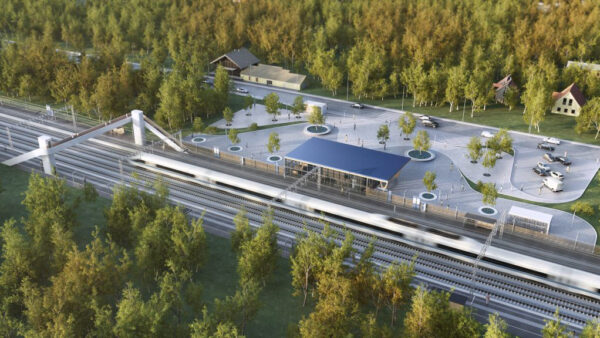
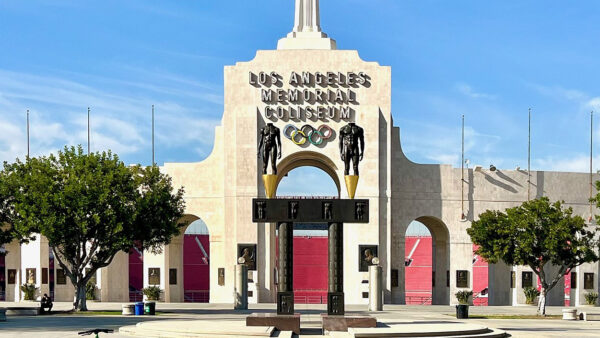
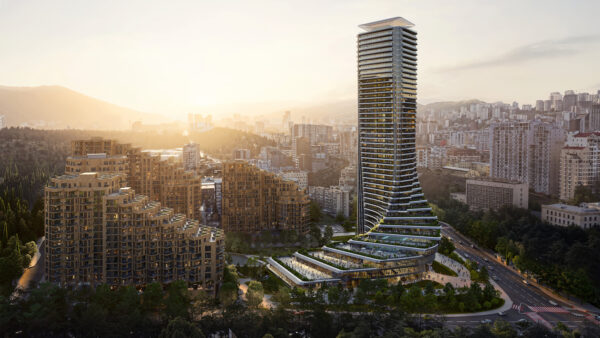
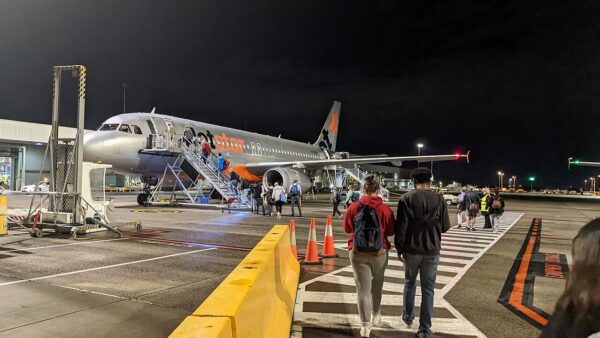
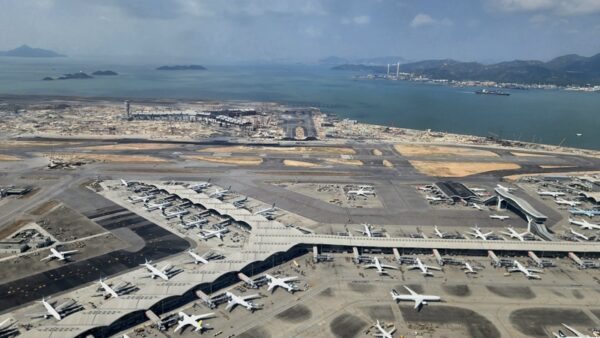
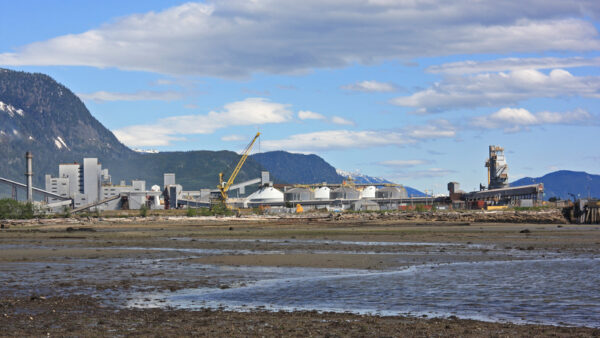
Taxi & autos be made available on cheap fare on call between 3 to 5 minutes to discourage personal vehicles. Also charge hefty amounts on street parking so that people can walk on sideways.